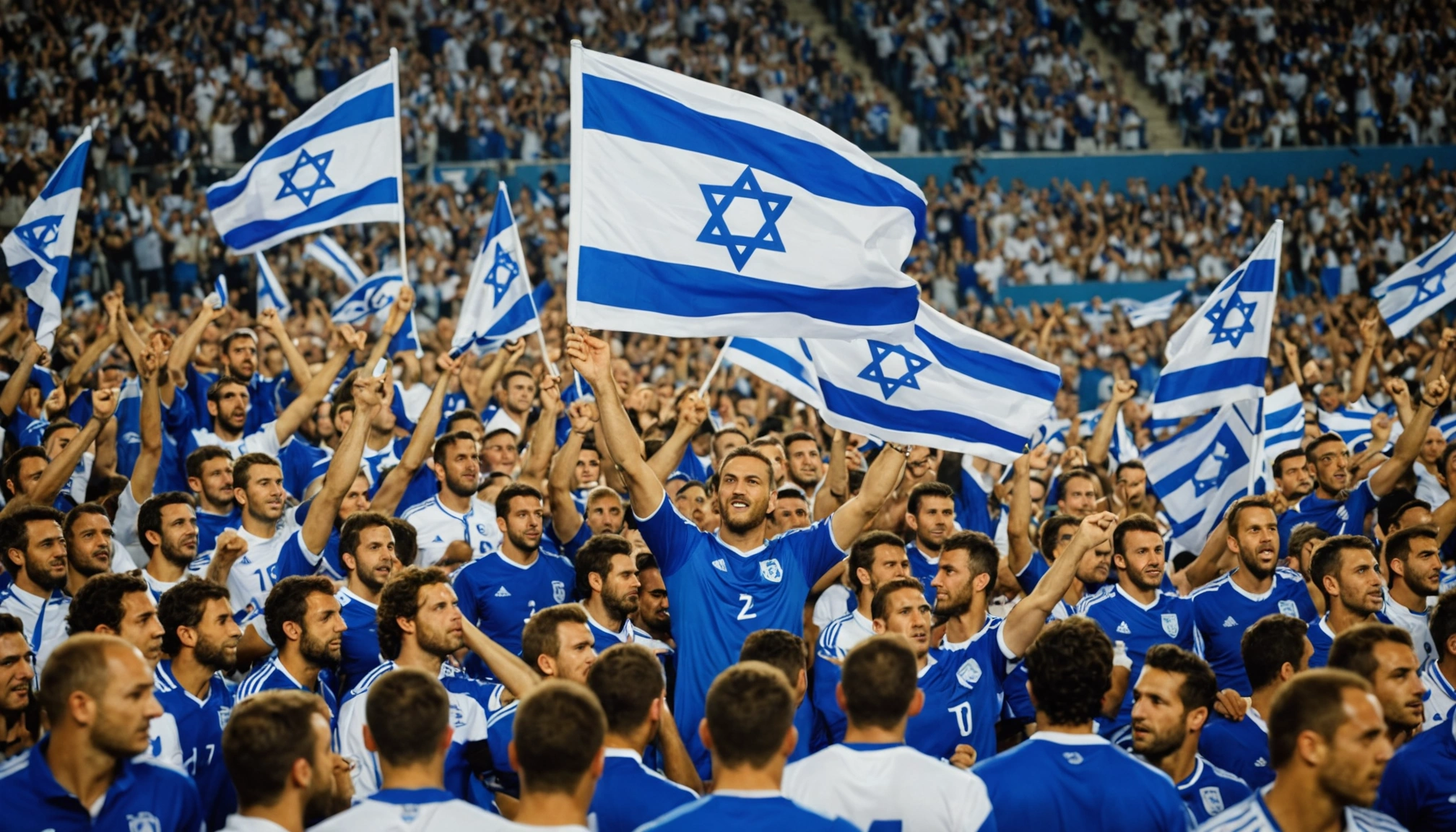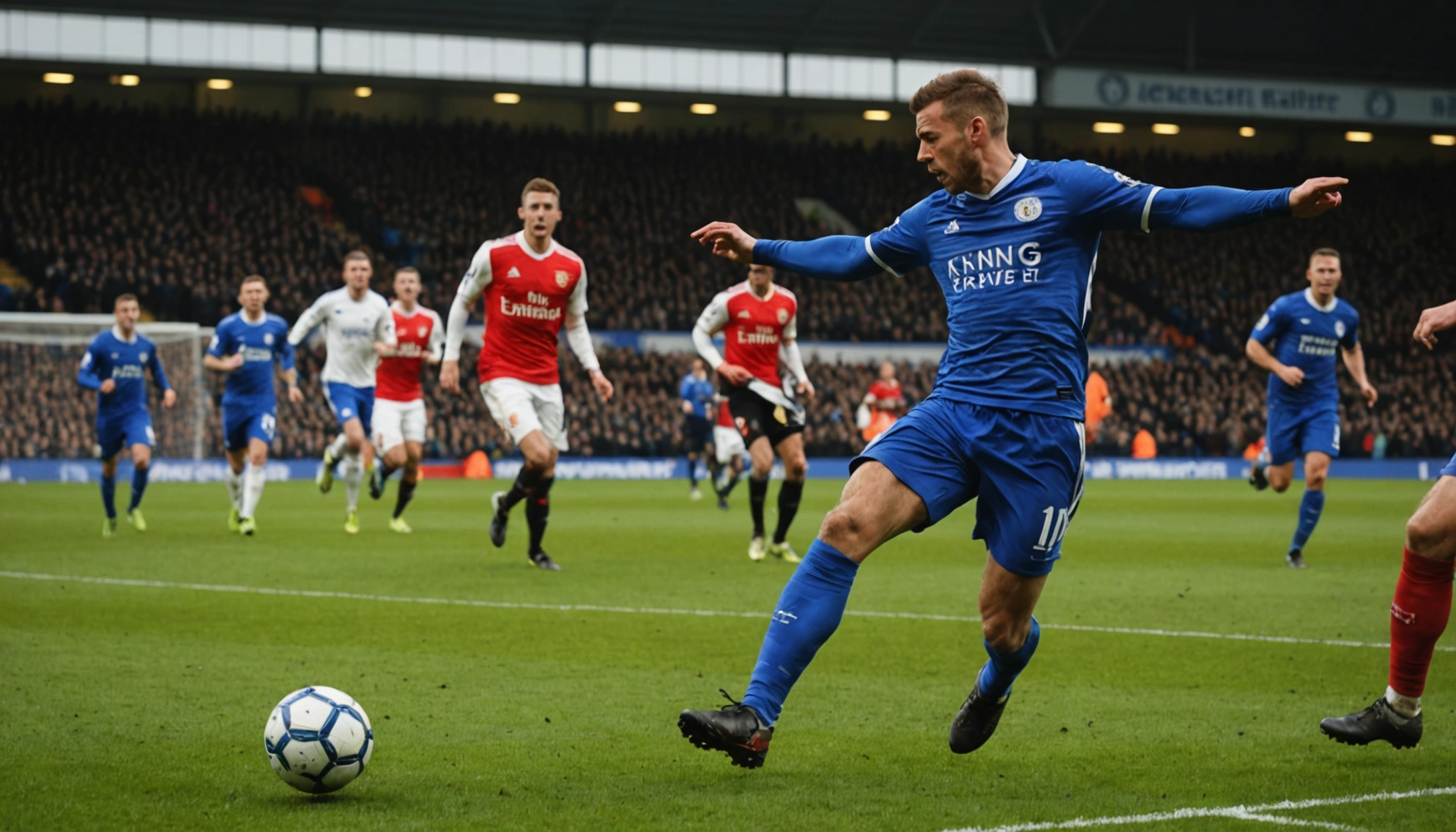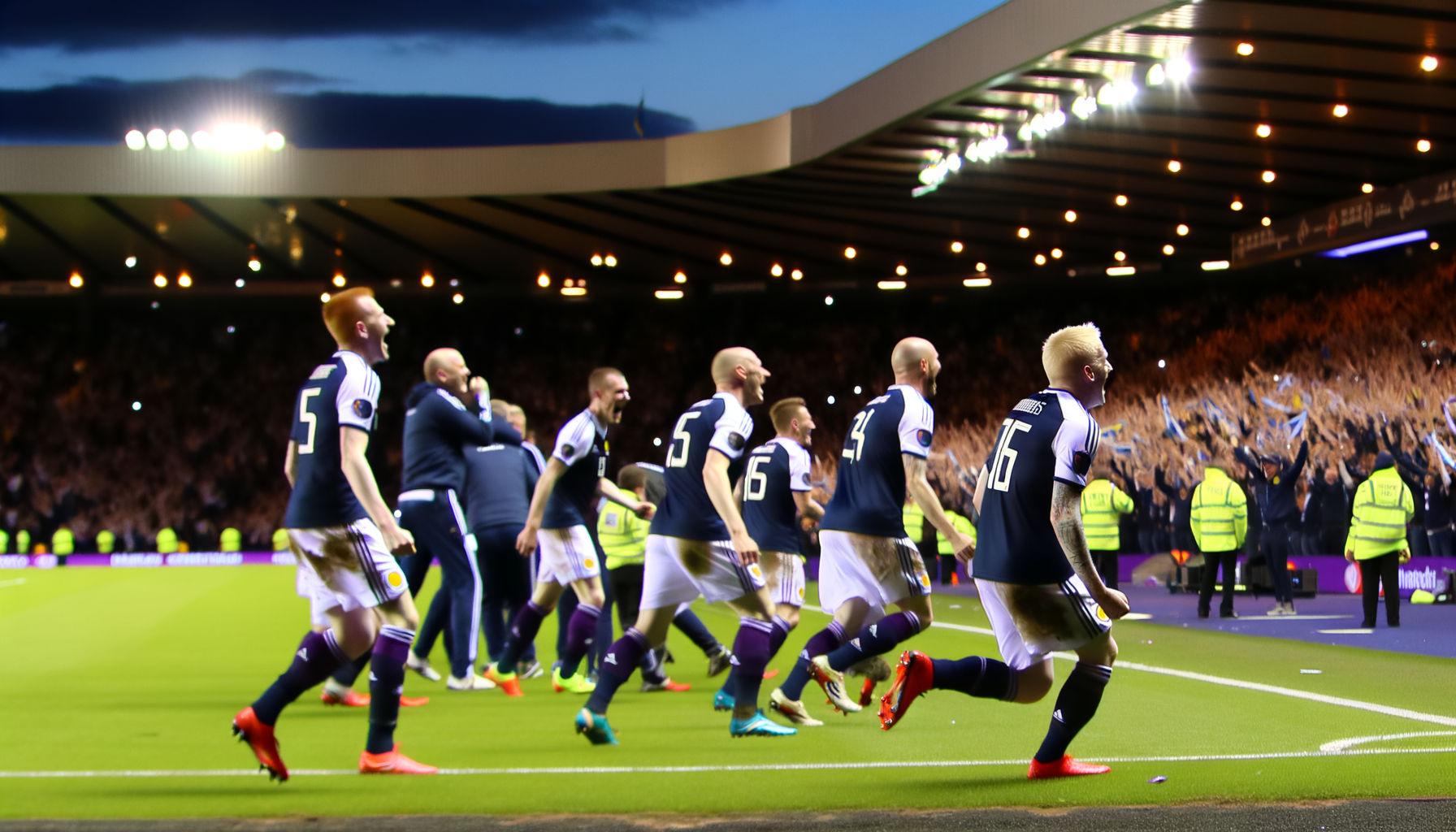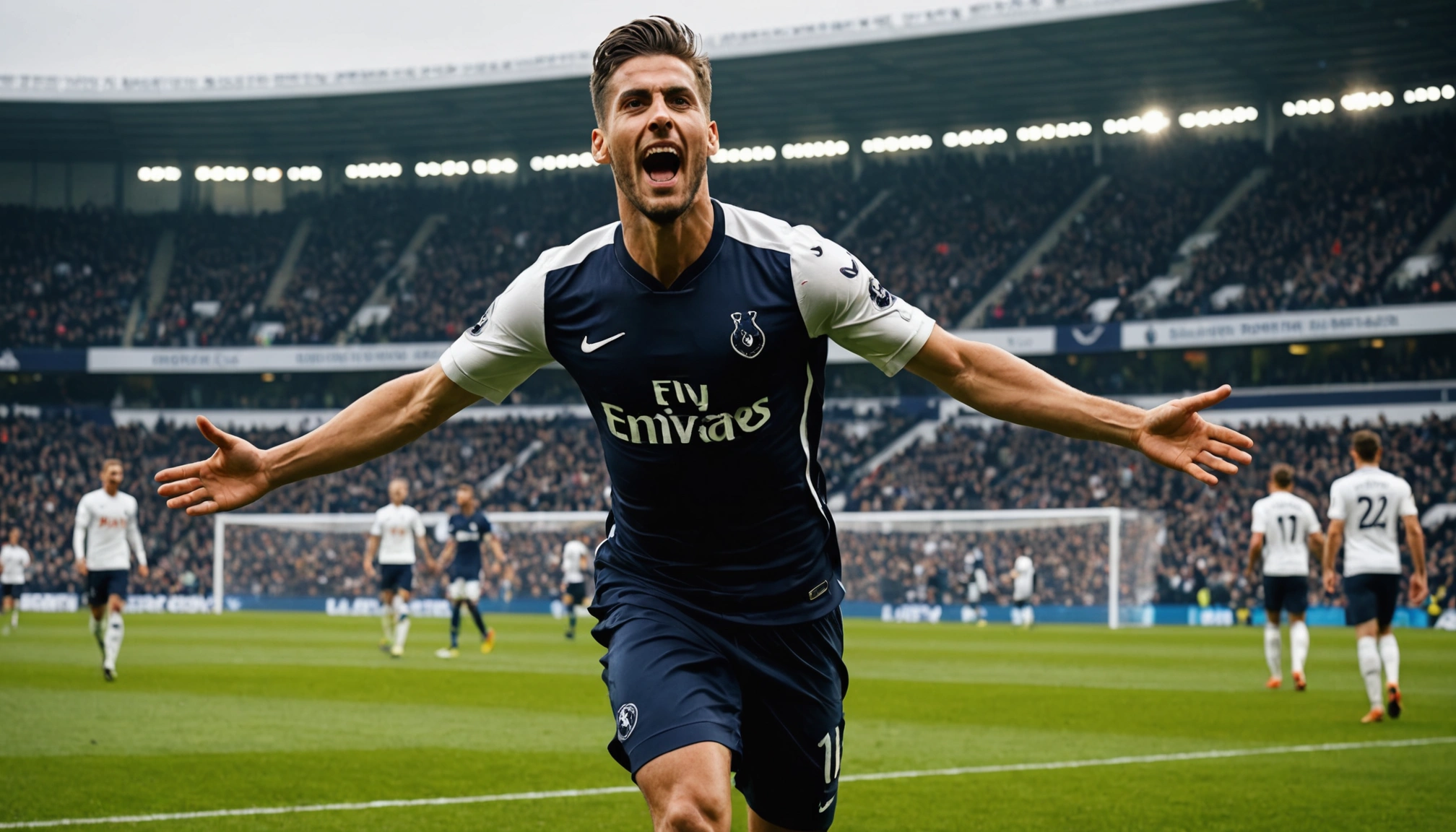US to oppose any ban on Israel at 2026 World Cup
The US government vows to block efforts to ban Israel from the 2026 World Cup amid growing calls for sporting sanctions following UN allegations.

By Editorial
Introduction to the controversy surrounding Israel's World Cup participation
The 2026 FIFA World Cup, set to be co-hosted by the United States, Mexico, and Canada, faces an unexpected political storm. Recent developments have sparked calls to ban Israel from international football competitions due to allegations of genocide in Gaza. However, the US government has made it clear it will resist any attempt to exclude Israel from the tournament. This article explores the background of these calls, the potential impact on football, and the wider implications for international sport.
Background: UN report and calls for sporting sanctions
Earlier in 2024, a United Nations commission issued a report accusing Israel of committing genocide against Palestinians in Gaza. This grave allegation has prompted a panel of UN human rights experts and Spain’s Prime Minister Pedro Sanchez to advocate for sporting sanctions against Israel. Sanchez notably compared Israel’s situation to Russia’s, which has been banned from international football since the 2022 invasion of Ukraine.
UEFA, the governing body responsible for European World Cup qualifiers, is reportedly under increasing pressure from several member associations to consider suspending Israel’s national team. Although UEFA has denied any scheduled meeting on this issue, sources suggest discussions could take place imminently.
US government's firm stance on Israel's participation
Despite mounting international pressure, the US State Department has made a forceful statement supporting Israel’s continued presence in the World Cup. A spokesperson declared: "We will absolutely work to fully stop any effort to attempt to ban Israel's national soccer team from the World Cup." This commitment is significant, given the US’s role as co-host and its influence within FIFA and UEFA.
This position contrasts with other international sports organisations' actions, such as the International Olympic Committee’s ban on Russian and Belarusian athletes competing under their national flags at the 2024 Olympics, reflecting the complex intersection between politics and sports governance.
Impact on World Cup qualifying and football politics
Israel currently ranks third in their UEFA World Cup qualifying group, trailing leaders Norway by six points. The group winner qualifies automatically, while runners-up enter play-offs, meaning Israel’s participation remains crucial for their World Cup hopes.
The pressure on UEFA to act introduces uncertainty for players, fans, and national associations. Political demonstrations have already spilled into football events, as seen during PAOK’s Europa League match against Israeli side Maccabi Tel Aviv, where fans displayed Palestinian flags and banners with slogans like "Stop the genocide" and "Show Israel the red card."
Such incidents underscore how geopolitical conflicts increasingly affect the football pitch, challenging UEFA’s commitment to neutrality and sporting fairness. Clubs like Maccabi Tel Aviv continue competing internationally, including upcoming matches like their fixture against Aston Villa at Villa Park, showing the entanglement of sport and politics.
Case studies: Sporting sanctions and political protests in football
Historical precedents provide insight into how sports bodies handle political controversies. The ban on Russia’s national team since 2022 sets a clear example of sanctions in response to geopolitical aggression. Similarly, the International Olympic Committee has taken measures impacting athletes’ national representation.
Protests during major sporting events are not new. The Vuelta a España’s final stage was abandoned after pro-Palestinian demonstrators occupied the course in Madrid, reflecting how public activism targets sports events as platforms for political messaging.
These case studies illustrate the balancing act sports organisations face: upholding political neutrality while addressing calls for justice and human rights advocacy.
Football's role in global diplomacy and human rights
Sport has long been seen as a unifying force transcending political divides. Yet, as recent events show, football is increasingly a battleground for larger geopolitical disputes. FIFA and UEFA face difficult decisions about whether to sanction nations accused of serious violations or maintain the principle of sporting inclusiveness.
IOC President Kirsty Coventry recently emphasised the positive role of sports, stating: "The sports movement has to showcase the good that is in humanity." This perspective highlights the potential for football to promote peace and understanding instead of exclusion and division.
However, with growing public pressure and political stakes, football's governing bodies must carefully navigate these complex issues while maintaining the integrity of competitions like the World Cup.
Conclusion: Challenges ahead for the 2026 World Cup and beyond
The controversy over Israel’s participation in the 2026 World Cup encapsulates the challenges at the intersection of sport, politics, and human rights. With the US government committed to opposing any ban, UEFA’s position remains uncertain amidst international pressure. Fans and players alike face an unpredictable environment shaped by global events beyond the pitch.
As the qualification campaign progresses, football fans can follow these developments to understand how sport reflects and influences wider geopolitical dynamics. For more in-depth coverage of football and other sports, visit our detailed articles such as Humphries retains Czech Open title with impressive win or explore insights into cricket competitions like The Hundred cricket competition latest updates and insights.
Ultimately, the 2026 World Cup will be remembered not only for the football but also for how the global sports community responded to profound political challenges.
Related topics
Editorial
Sports expert at SportsScoop
Specialist in sports analysis and journalism
Related articles
Want to read more?
Explore our comprehensive collection of sports articles and analysis, or contact us for more information.



